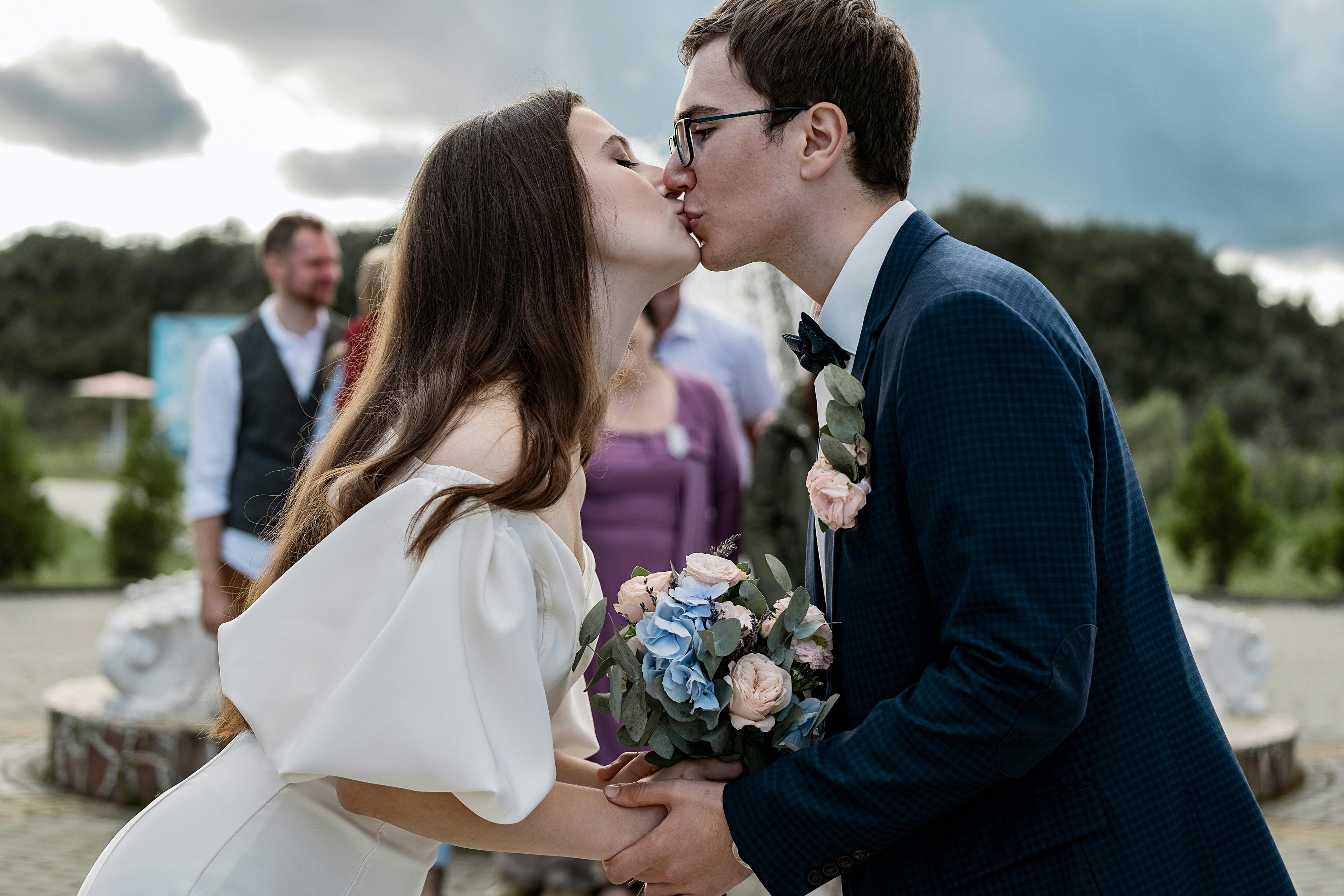How happiness changes as we age
Have you noticed that your definition of happiness has changed over the years?
Mine sure does and I would venture to say that the way you view happiness has also changed. Think about it.
HAPPINESS IN YOUTH
What made you happy when you were young?
When I was a kid, it actually took very little to make me happy. A family trip to the beach, my mom’s smile, or a new toy made me dizzy. When I was a teenager, going to a party with my friends or buying a new dress excited me. If a guy I liked looked my way, I would skip the rest of the day. You get the idea.
When you’re young, you typically experience a high-energy, fully-psyched type of happiness. Everything is new and exciting.
HAPPINESS AS YOUNG ADULTS
How did you feel in your 20s and 30s?
By the time I was 20 years old, I was finding my way as a young mother and as a writer. Giving birth to my two children brought me boundless joy, seeing my first signature sent me to the moon, and traveling was exciting.
But when I hit 30, I wanted more balance. McGraw Hill published a book that I co-authored and I went whitewater rafting on a 5+ river in New Zealand. But the emotion of the moment was not everything. Sometimes happiness was a quiet night with a glass of wine and a book at the end of the day.
You may have had similar experiences. Young adults are often busy pursuing success and raising a family. Then they try to find happiness by seeking balance and stability.
The practical side of life—being able to pay the mortgage and finding enough time to juggle responsibilities—often becomes important to your mood as you move into middle age.
HAPPINESS IN HALF LIFE
Midlife crisis, anyone? Do you feel that life passes you by and leaves you in the dust? You’re not alone.
My 40s were a mixed bag. When I was in my early 40s, I returned to my home state of California and felt a bit restless and trapped working for the family business while our family re-established itself. I started a publishing company with my father that never really went anywhere. However, my first book signing at Barnes and Nobles for my young adult novel was very exciting. I learned sign language and became a full-time minister doing volunteer work with the deaf, which was rewarding.
If you’re like me, you’ll be older and wiser by the time you hit 50. You may feel more fulfilled because you’ve learned to put less pressure on yourself, both personally and professionally.
The late writer Donald described it well: “The midlife crisis begins around 40, when you look at your life and say, ‘Is this it?’ And it ends about 10 years later, when you look back at your life and think, ‘Actually, this is pretty good.
HAPPINESS IN OLD AGE
Surprisingly, even with all the challenges people face, people get happier as they get older.
I am 54 now. My mother was diagnosed with Lewy body dementia and a few years ago I became her primary caregiver. She passed away in June and I am now examining my next chapter in life.
The recent ups and downs in my life have made me more aware that what we love and who we love can be taken away in the blink of an eye. That I need to appreciate my loved ones and be grateful for each day of life that is given to me.
That is certainly why people tend to be happier and more appreciative as they move into old age. And if you believe all the studies, happy.
So is my experience typical?
A REVEALING STUDY OF BLOGGERS
In an interesting study, social psychologist Jennifer Aaker, along with her colleagues Cassie Mogilner and Sep Kamvar, analyzed 12 million personal blogs. Specifically, they were interested in seeing what kinds of emotions bloggers of various ages mentioned when talking about feeling “happy.”
What did they discover?
“We found that younger bloggers described happiness experiences as times when they felt excited, ecstatic, or euphoric—the way you feel when you anticipate the joys the future will bring, such as finding love, progressing at work, or moving to a new city,” Aaker explained.
“Older bloggers were more likely to describe happy experiences as times of feeling peaceful, relaxed, calm, or relieved—the way you feel when you get along with your spouse, stay healthy, and can make your mortgage payments.” “, he added. . “This kind of happiness is less about what’s to come and more about being content with current circumstances.”
Obviously, as you get older, you seek a calmer, more peaceful and relaxed type of happiness compared to the excitement you found so rewarding in your youth. Happiness becomes more about contentment.
What has been your happiest age so far? Has your definition changed as you get older?
The study is interesting. However, in conclusion, I would like to leave you with this thought. The answer to “when were you happiest?” it should always be “now”. If that’s not your answer, take a look at your life and make the necessary changes so that you can live in the present and experience life to its full potential.
